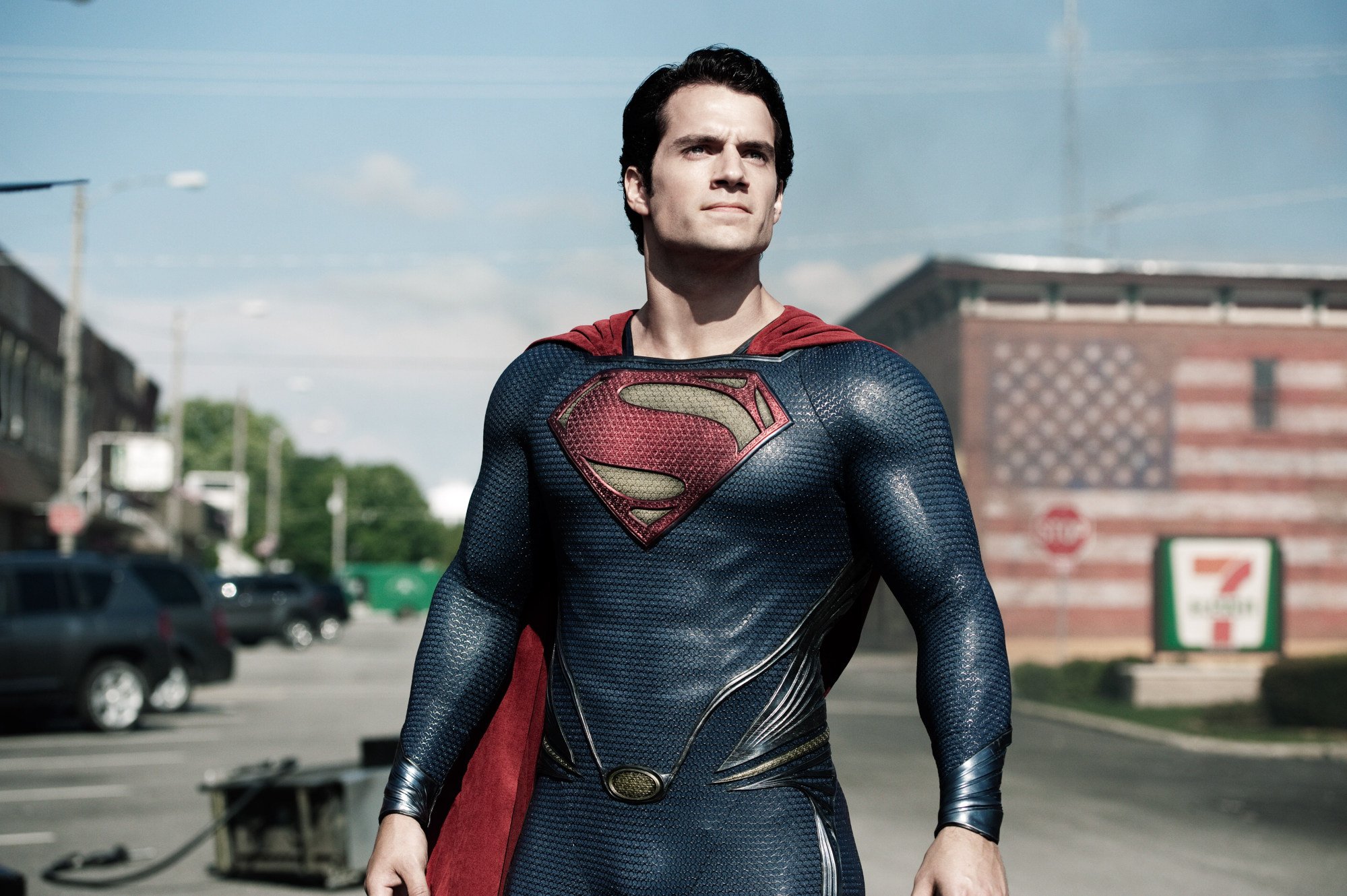Explainer | China’s ‘hero-to-zero’ mindset: why people are embracing losers as way to reflect on own struggles, redefine heroism
Fed up with ambitious and handsome characters in movies, growing numbers of people in China are now admiring “losers”.
The realisation that flawless superheroes only exist in fantasy has seen female film fans turn to anti-hero protagonists, who are affectionately referred to as wo nang fei in Chinese.
This means useless, spineless, good-for-nothing losers in Chinese.
To play such a role requires less than good looks and a lack of dignity or self-worth.
What lies behind this phenomenon? Here, the Post explains.
Who are wo nang fei?

Such characters usually choose to “lie flat”, or do as little as possible to get by in toxic working cultures or family relationships.
The phenomenon was fuelled by the character Ma Jie, played by actor Bai Ke, in the hit box-office comedy Johnny Keep Walking!
Bai plays a miserable human resources manager who always submissively works overtime, complies with pointless bureaucracy and obeys his nasty boss no matter what just to keep his job amid layoffs.
Female fans embraced his incompetence and spinelessness.
They also commended Ma Jie’s gentleness, kind heart, lack of aggressive masculinity and dedication to his family.
“Being a wo nang fei is the new sexy,” said one online observer who received more than 7,000 likes.
Toxic masculinity
The trend is also seen as a rebellion against the toxic masculinity of traditional good-looking, strong-willed characters.
In the 2000s, the most popular male protagonists with audiences in China were good-looking, successful business chief executive officers with a protective and possessive attitude towards their partners.
However, as public awareness of gender equality grows, female fans no longer want to be saved by superheroes, but begin to back away from machismo and expect to be treated with respect and care.
This new attitude was marked by the 2012 TV series My Economical Man, in which the heroine chose an ordinary man instead of a CEO as her lover.
Ma and other wo nang fei characters cater to female fans who admire a good family man, who works hard, is loyal to his family, is skilled in cooking and sometimes even appears to need protection from women.
Embracing the ordinary

As the anti-hero trend grows people online have begun to make fun of daily stresses, heavy workloads and life crises via wo nang fei literature with arrogant beginnings and obedient endings.
“Dare to mess with me?” one of the wo nang fei literature posters joked, adding: “Then you’ve found the right person. I’m the most submissive person for miles around.”
“Fallen? Then I’ll lie flat where I am.” wrote another such poster.
The trend mirrors the earlier rise of the lying flat phenomenon in which people use their humour to make peace with the anxiety of being useless and find comfort in the anti-hero characters who reflect their personal struggles.


